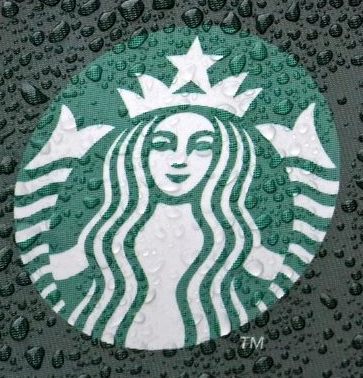Fiat and Starbucks told to pay back millions of euros from illegal tax breaks
Starbucks and Fiat will have to repay millions of euros after tax breaks they were handed were ruled illegal. Separate sweetheart deals - struck between the coffee chain and the Dutch government, and the carmaker with Luxembourg - broke the law and must now be repaid, the European Commission said. The companies could have to replay in the region of up to €30m (£22m) each, the EC added. European competition commissioner Margrethe Vestager said: “Tax rulings that artificially reduce a company’s tax burden are not in line with EU state aid rules. They are illegal. I hope that, with today’s decisions, this message will be heard by member state governments and companies alike.”
All companies, big or small, multinational or not, should pay their fair share of tax
European competition commissioner Margrethe Vestager
The commission’s year-long investigation into the two companies found that the tax breaks went too far and amounted to state aid. It said “most of the profits of Starbucks’ coffee roasting company are shifted abroad, where they are also not taxed, and Fiat’s financing company only paid taxes on underestimated profits”. Fiat insisted its dealings merely amounted to a clarification of pricing rules and did not constitute state aid. The Dutch government expressed surprise, saying it was convinced its handling of Starbucks’ tax was in line with international standards. That sentiment was shared by the company, which said the decision contained “significant errors”. The EC warned it was still investigating tax practices in all of the bloc’s 28 nations and include those covering Amazon and Apple.
Starbucks has paid an average global effective tax rate of roughly 33% - well above the 18.5% average rate paid by other large US companies.
Starbucks statement

Business starbucks tax